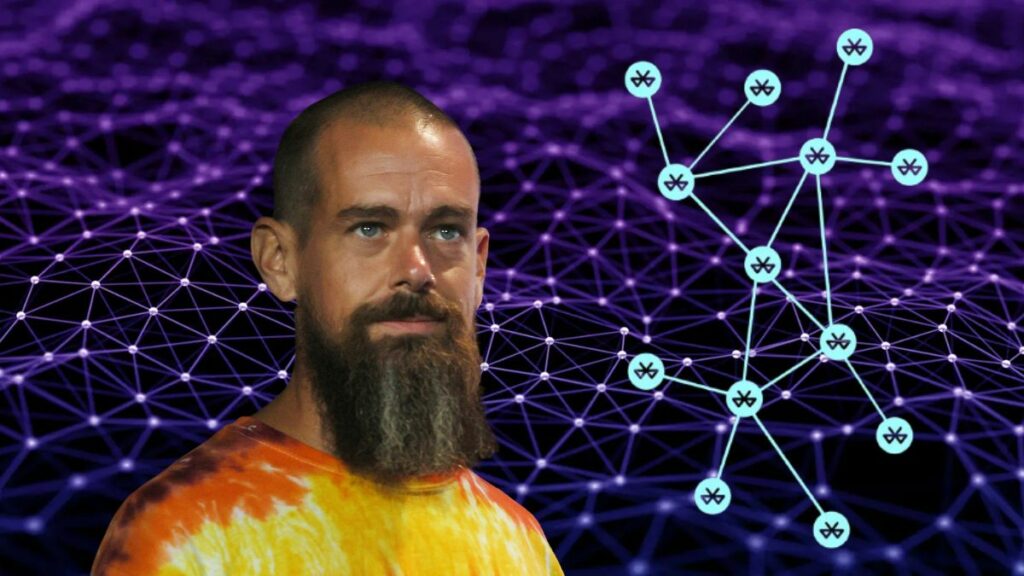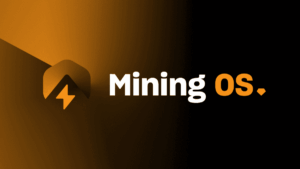TL;DR
- Bitchat beta turns every smartphone into a Bluetooth mesh node for fully decentralized, internet-free messaging.
- No usernames, servers, or saved logs by default, messages vanish and are end-to-end encrypted across private chats and groups.
- Built for offline use in events, protests, and emergencies, with upcoming WiFi support and incentives for relay participation.
Block CEO and Twitter co-founder Jack Dorsey this weekend unveiled the beta of Bitchat, a peer-to-peer messaging app running entirely over Bluetooth Low Energy (BLE) mesh networks. By turning every smartphone into both a client and relay node, Bitchat creates self-organizing clusters where messages hop in 30-meter increments.
Bridge nodes link distant clusters, while automatic multi-hop relays and a store-and-forward system ensure that even offline devices receive cached messages. Dorsey likens the experience to classic IRC, fused with 21st-century cryptography.
and here's an ugly whitepaper describing protocol: https://t.co/AhJ1y0jJdP
— jack (@jack) July 6, 2025
Privacy and Ephemeral Messaging Without Servers
Bitchat’s architecture strips away the usual registration hurdles: no usernames, phone numbers, email addresses, or central servers. Instead, messages exist only in device memory by default, vanishing unless users opt to save them. End-to-end encryption applies across private chats, group “rooms”, and broadcast streams. This design places security firmly in users’ hands, sidestepping the data-mining practices of corporate platforms like WhatsApp and Messenger.
Ideal for Disruptions: Events, Protests, and Emergencies

The app’s resilience shines in scenarios where internet access is limited, unreliable, or censored. Conference attendees can join ad hoc group chats without relying on venue Wi-Fi. Protesters gain a censorship-resistant channel to coordinate on the fly. In disaster zones, first responders and civilians can exchange critical updates even if cell towers are down. By leveraging Bluetooth’s ubiquity and mesh-enabled redundancy, Bitchat promises a lifeline when traditional networks falter.
Next Steps: WiFi Support and Decentralized Growth
While today’s beta focuses on BLE, Dorsey’s white paper outlines plans to extend Bitchat over WiFi, boosting bandwidth for larger payloads. Future iterations may integrate alternative radio standards and explore incentives for relay participation, potentially spawning a decentralized communications infrastructure.
This weekend project builds on Dorsey’s earlier work with Bluesky, reflecting his long-standing commitment to open, user-controlled social protocols. As Bitchat moves toward wider testing, one thing is clear: the era of centralized messaging giants may soon face serious competition.










